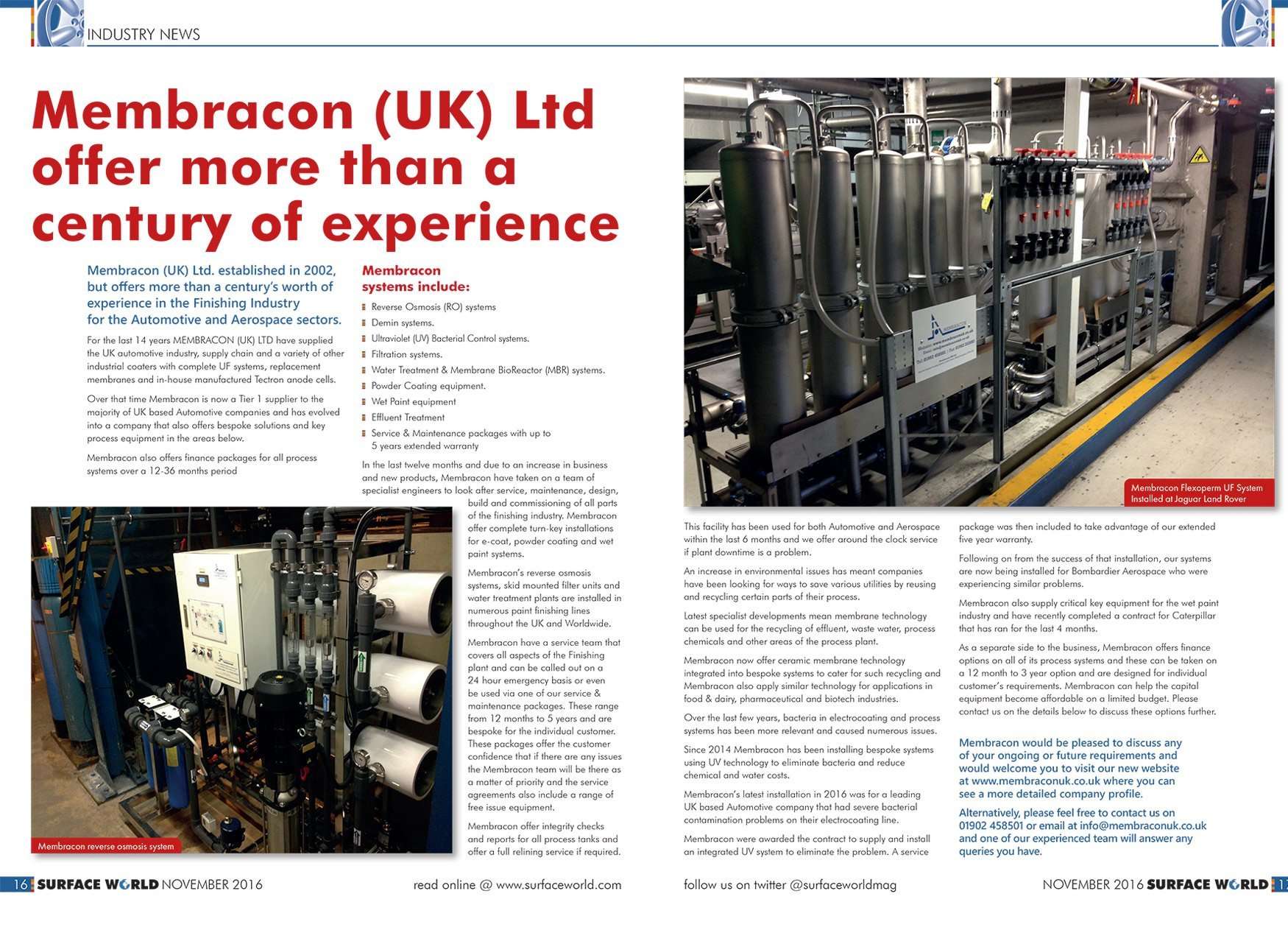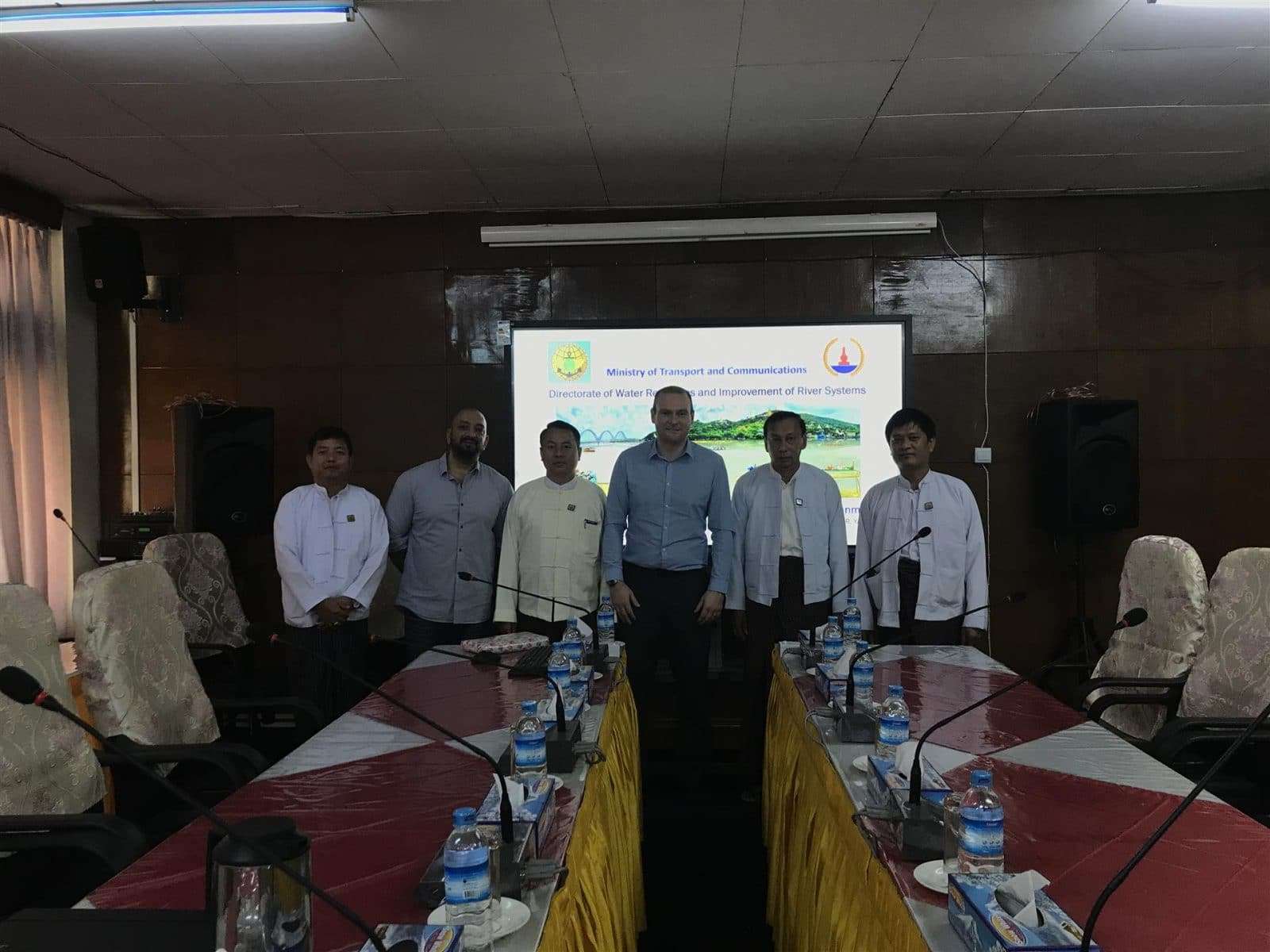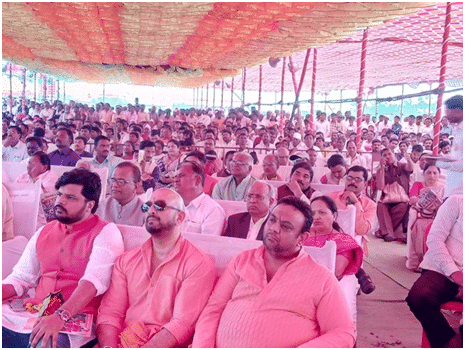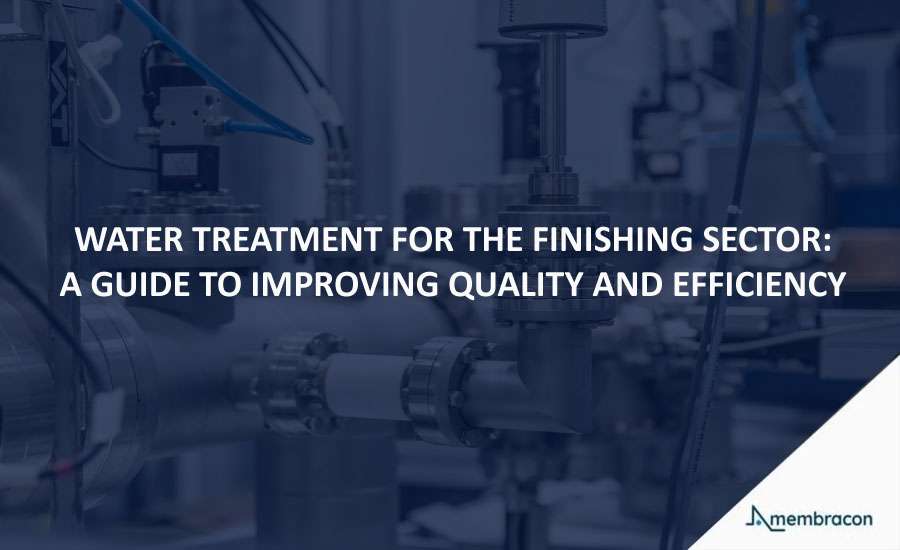
Water Treatment for The Finishing Sector: A Guide to Improving Quality and Efficiency
The finishing end of a production process is one of the most demanding in terms of water volume required. Certain industries have higher demands for finishing, and to ensure that the product is of the best possible standard, water treatment solutions are essential. Depending on the finishing process, chemical, mechanical, or smart finish, certain products such as oils or substances end up in the wastewater, including metals and paint residue. The proper removal of these products is vital to prevent damage to local water supplies and the environment.
The finishing industry requires quality control throughout, ensuring high standards of surface finishing with no defects. Every metal finishing shop is unique, and this incredibly broad sector covers both decorative and functional items for domestic use. This includes such diverse things as jewellery, watches, electrical goods, kitchenware, windows, doors and associated furniture, and many others. Each will use different chemicals and generate varying liquid waste with metals and other contaminants. Each shop will have different waste treatment priorities arising from its own unique combination of product, specialisation, government regulation and economic factors. In the automotive sector, the paint and finishing stage dominates the volume of water used and can often use more than the other stages in the plant or facility. Poor quality water going through the process can affect the quality of the finished product as well as having environmental implications.
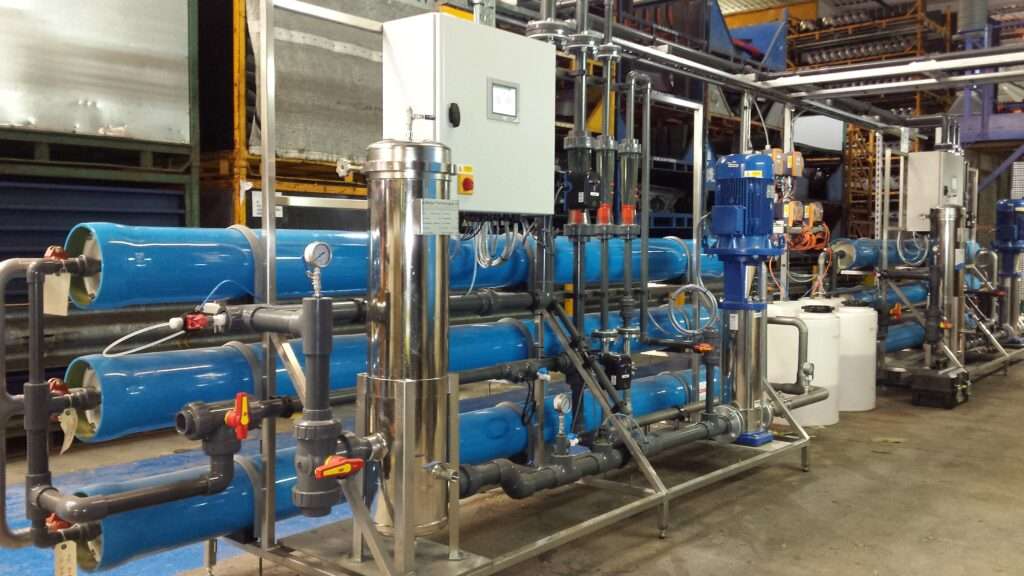
The Benefits of Water Treatment Solutions
Installing a water treatment solution to your finishing processes helps to improve the efficiencies. This system should be part of the pre-finishing stages (setting up, preparing chemicals and equipment), the process itself, and cleaning-up of the tools used afterwards. The benefits of water treatment solutions include:
- Cost benefits: Installing a water treatment solution can create a more efficient working system for your team, lower the requirement for water, reduce sludge, minimize waste, and recover chemicals and metals.
- Environmental benefits: A correct water recycling facility installed removes harmful substances from the wastewater and treats leftover water through processes such as reverse osmosis, ultrafiltration, or UV bacteria control to make the water fit for reuse. Membrane systems can remove chemicals, ultimately giving benefits inching received water costs and environmental footprint through managing your wastewater.
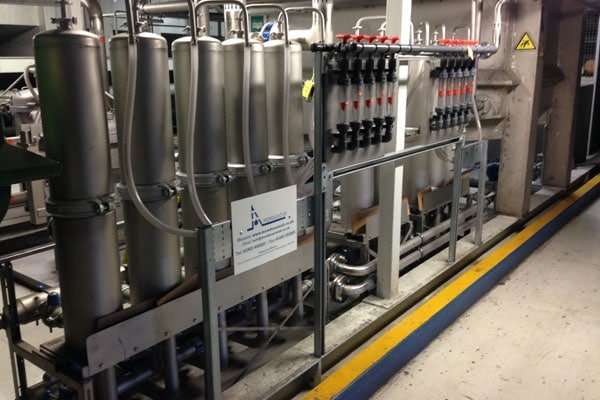
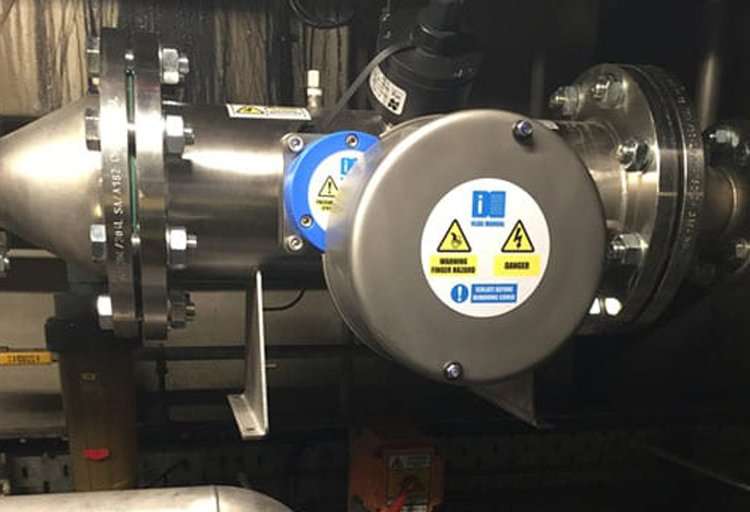
Top-up Water in Finishing
Pure water is used for preparing chemicals, topping up plating baths, and rinsing parts, such as PCBs, to ensure there are no spots on the finished coating. Different plating industries use different purity levels of water for their applications. Some will take the water straight from the tap, which although this water is made for drinking, is not the purity required for most plating applications. The water quality required for plating involves producing reverse osmosis (RO) quality water or totally de-ionized (DI) water. This quality level of the water is controlled with pure water production reverse osmosis systems, de-ionizing resin systems, or a combination of both.
Other Areas Where Ultrafiltration and Microfiltration Processes Are Carried Out
Food & Dairy: Milk/whey bacteria removal, Casein/whey protein separation, Fat/protein separation from whey, Milk standardisation, Apple juice/glucose syrup clarification, Gelatine concentration.
Biotech: Concentration & diafiltration, Desalting & buffer exchange, Cell harvesting/clarification, Virus harvesting/clarification, Extraction/filtration of organic and amino acids.
Water Treatment: Dehydrogenation, Production of high purity water, Treatment of process and wastewater, Recycling of acid and caustic









